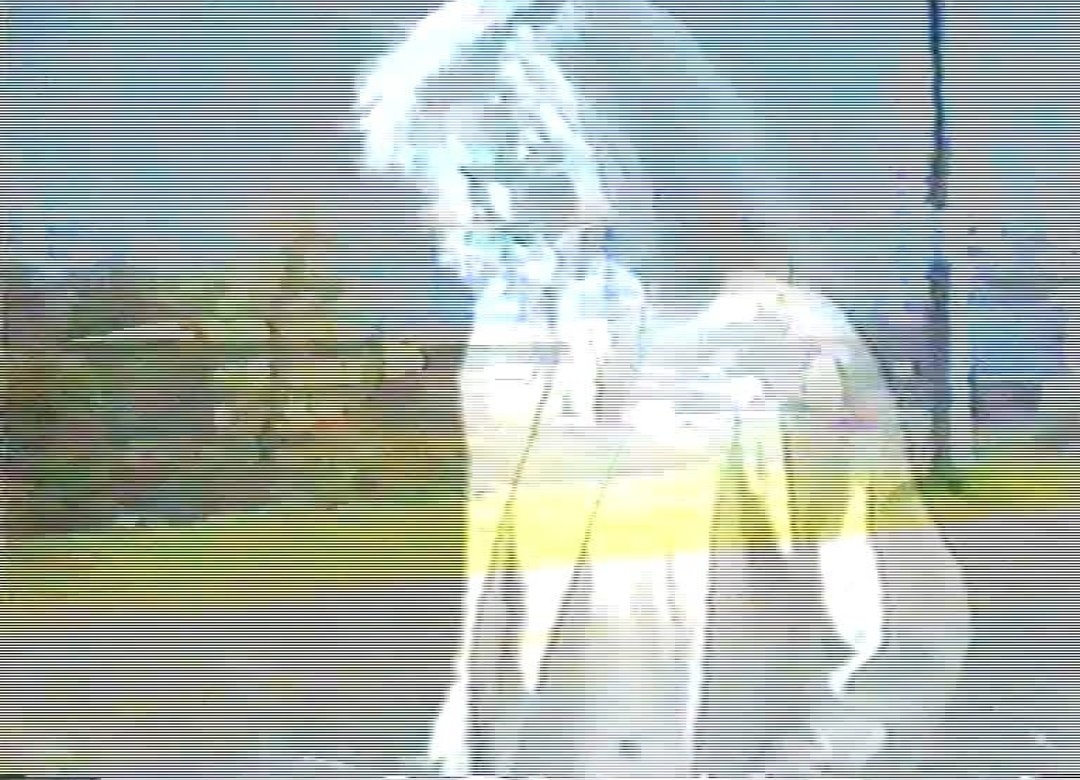


Kumjana Novakova: Silence of Reason

I have done some copy-pasting to give you words about the masterpiece that is Silence of Reason, watched tonight at ZagrebDox, having missed it at IDFA and Sarajevo FF:
Foča is a municipality in eastern Bosnia and Herzegovina where women were raped and abused on a large scale during the Bosnian war. Women, and girls as young as 12 years old, were imprisoned at various locations to be gang-raped, mostly by Serbian fighters. This was cause for the Yugoslavia Tribunal to designate “systematic rape” and “sexual slavery”—war crimes that frequently went unprosecuted—as torture and crimes against humanity. As a result, these crimes can now be universally prosecuted.
The so-called Foča case called on great courage from the countless women who testified about their horrific experiences. To preserve their anonymity the women were identified using numbers or letters. In this forensic video essay, filmmaker Kumjana Novakova uses mostly written testimonies by the women to explore the collective memory of the rape camps. In grainy video footage, the camera explores the places where these inhuman crimes took place, while the women speak about the unspeakable. (IDFA Catalogue 2023).
And a quote from an interview with the director:
My reasons for using the ICTY (The International Criminal Tribunal for the former Yugoslavia) archives are manifold. For one thing, this is a major forensic archive for our region—and it has been set up in a northern European country, in a logic derived from complex legal procedures. Whether we want to acknowledge it or not, our collective process of facing the crimes has been taken from us. Our collective memory is governed, stored, and managed far, far away.
Thus, there is always this urge for me to reclaim the archive, to activate it from inside our geographies. Another very important aspect is that the archive stands for something much larger than the legal cases themselves: the use of rape as a weapon of war and the testimonies of the survivors. The women who testified changed international law. This act of breaking the silence despite the consequences cannot be misinterpreted; it can only be silenced once again if it is locked in an archive that no one looks into. (Lauren Wissot, Documentary Magazine, September 2023).
2023, 63 mins.